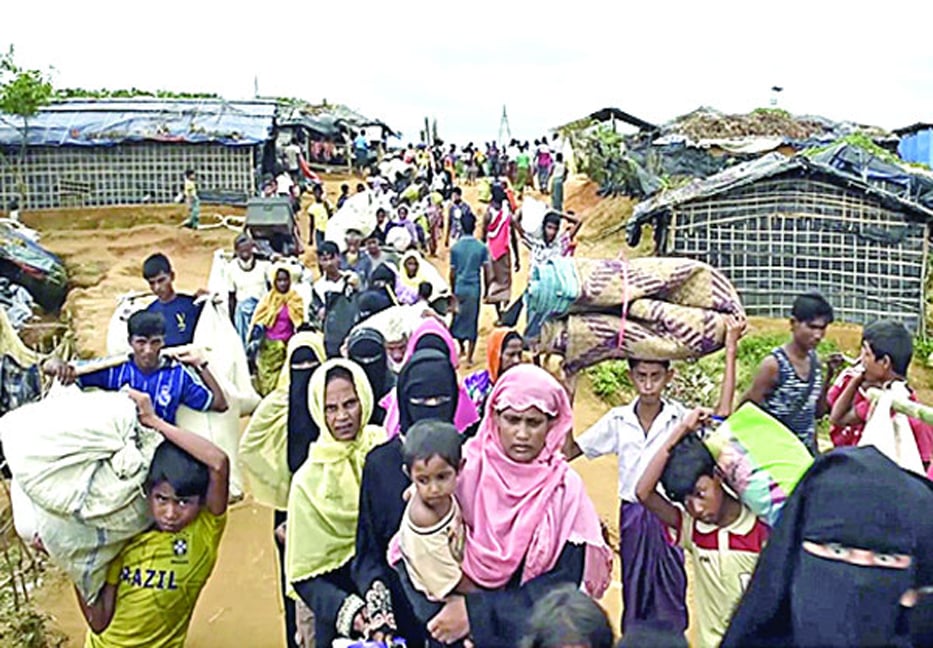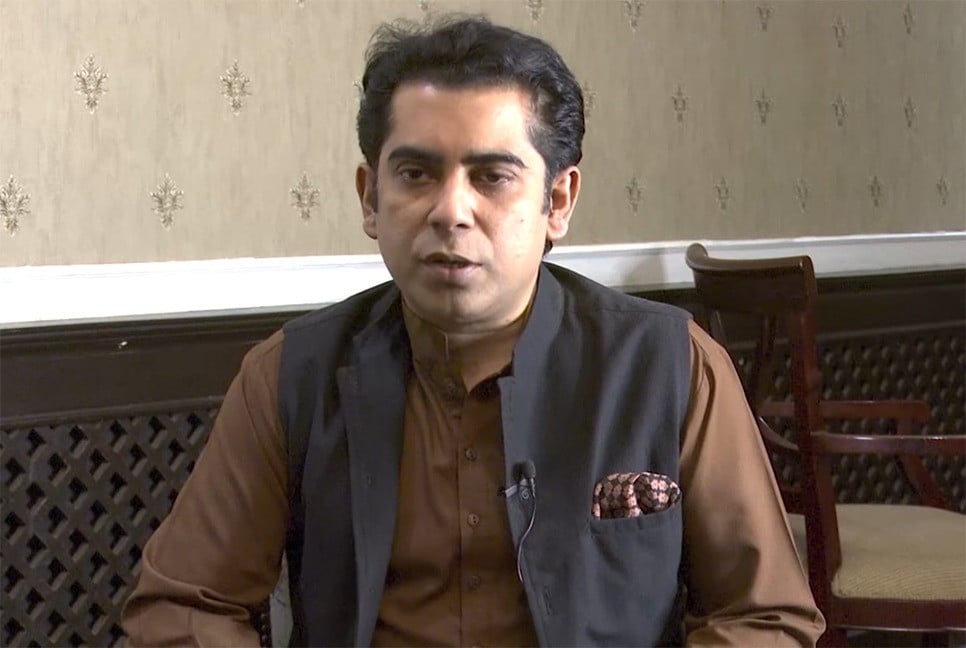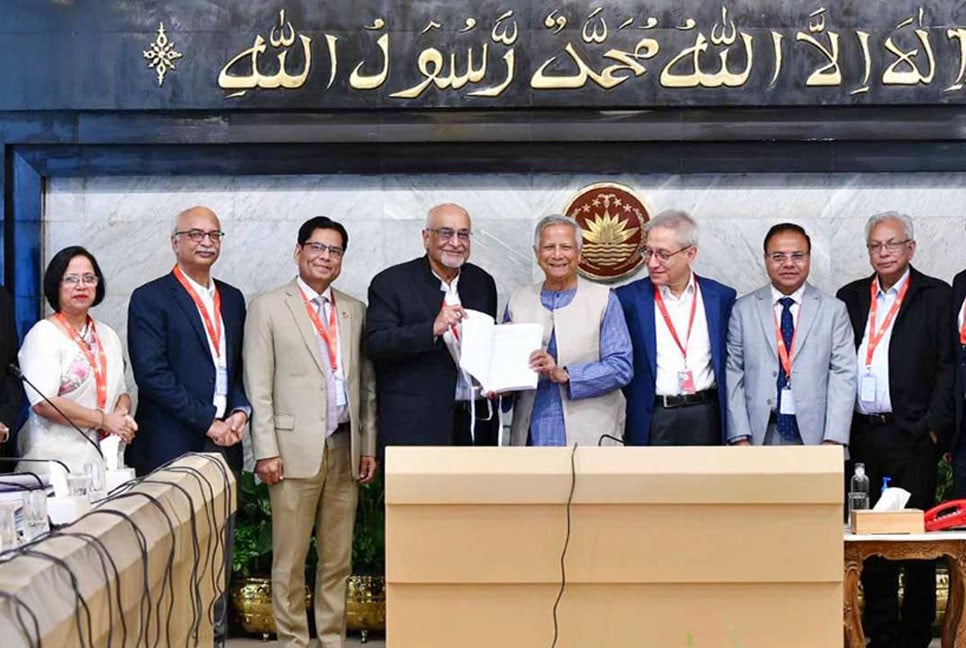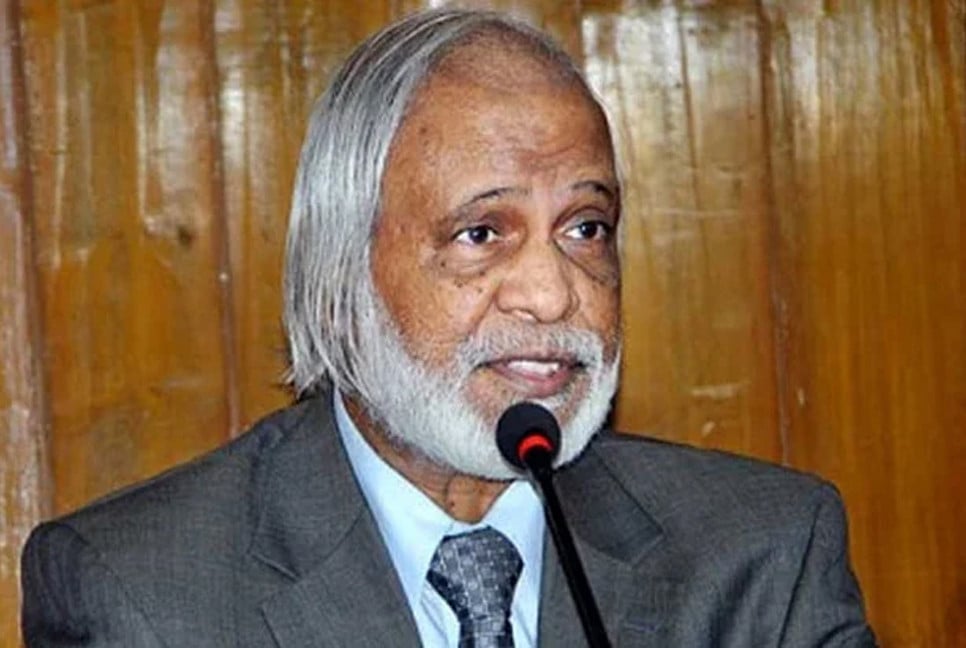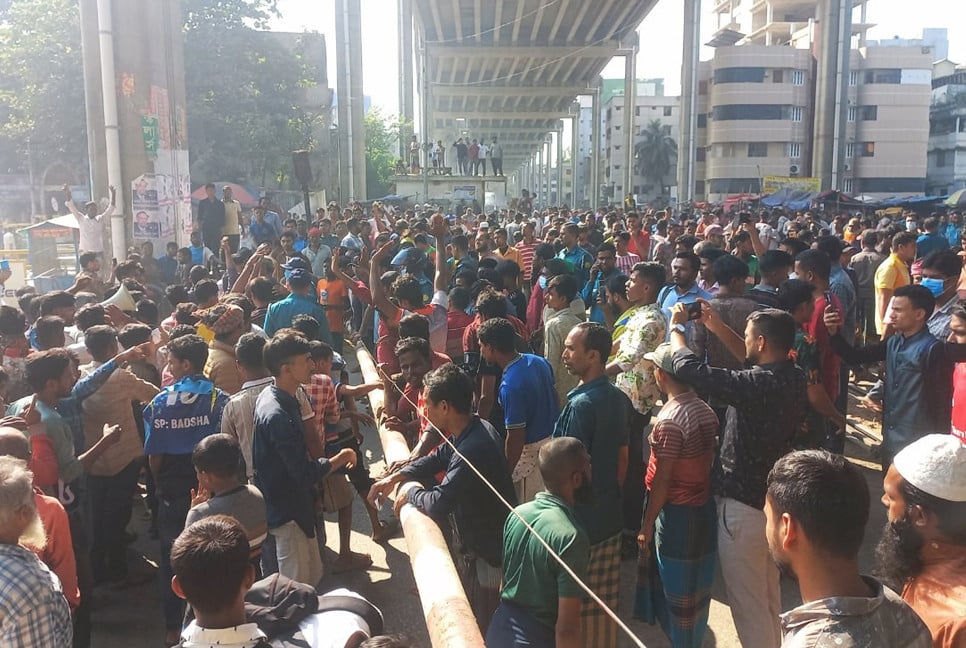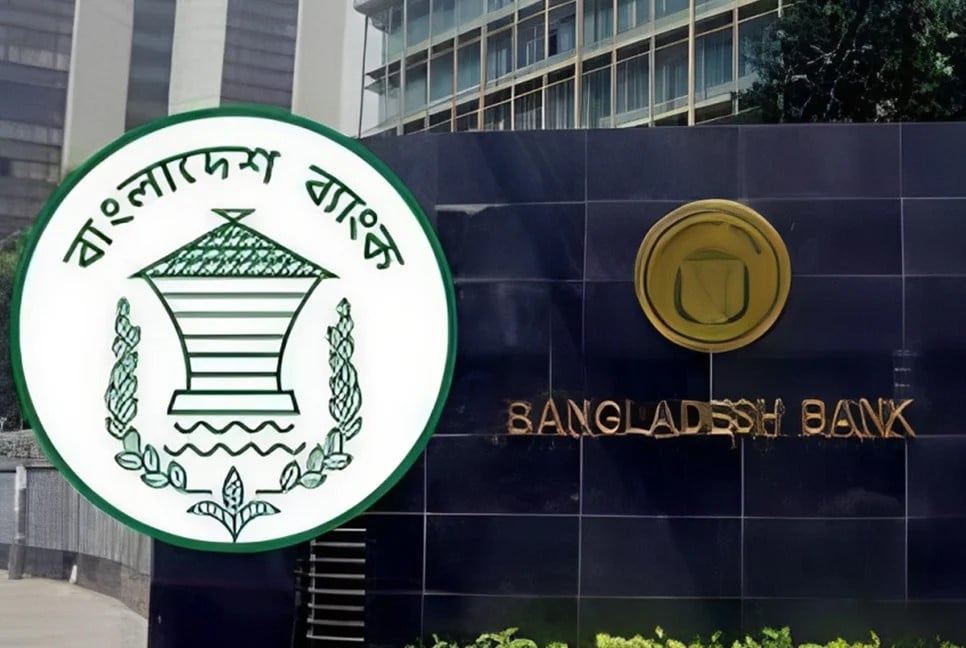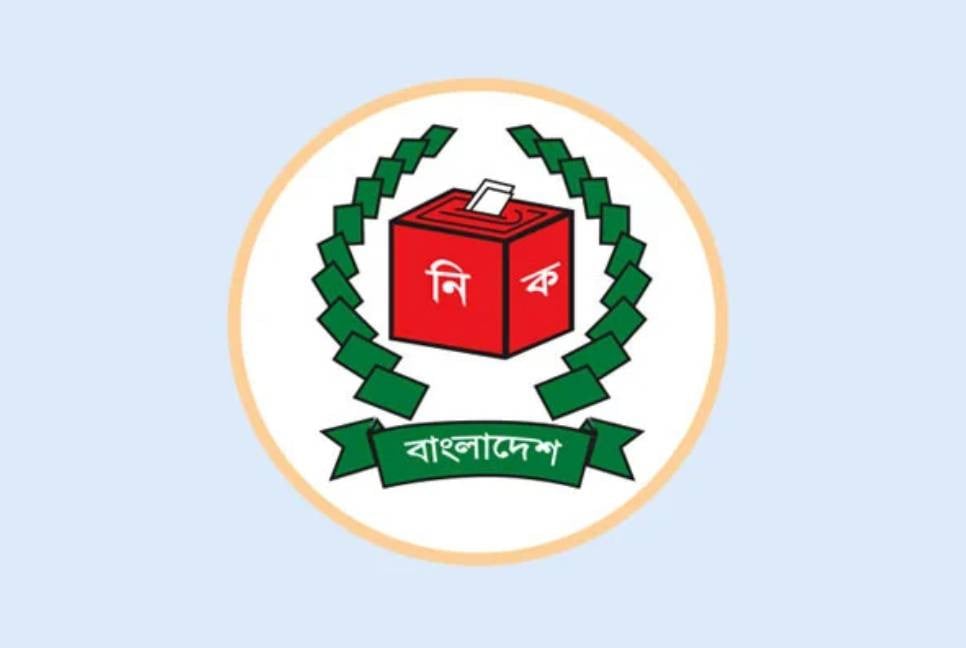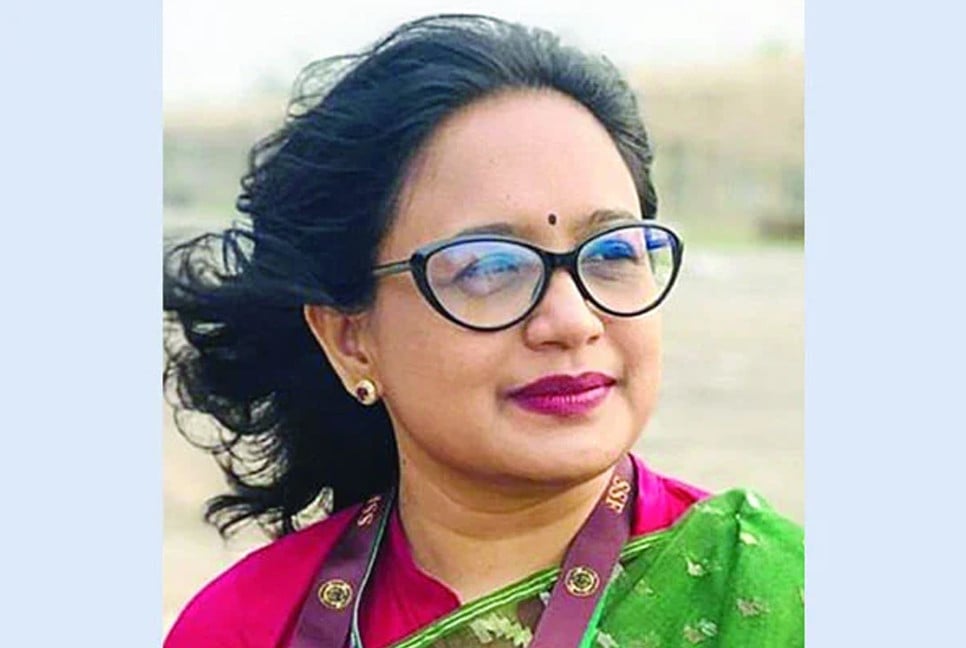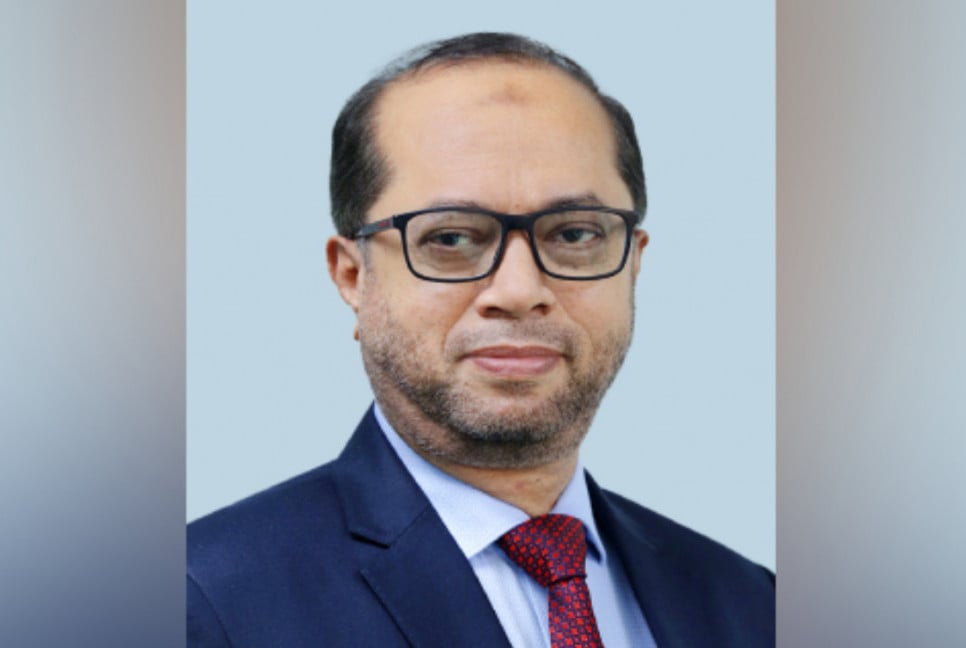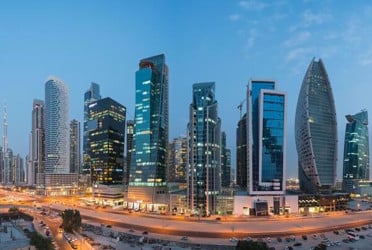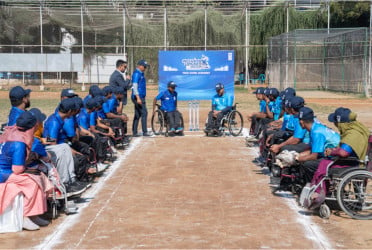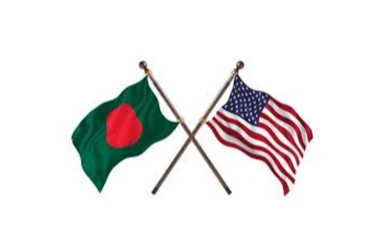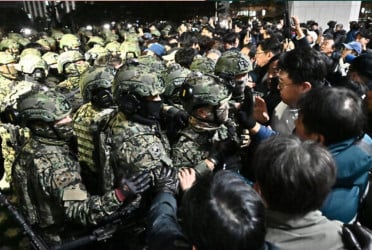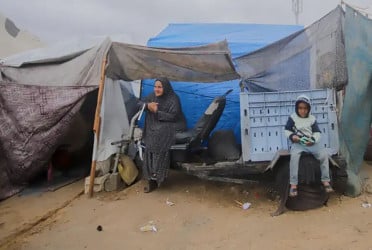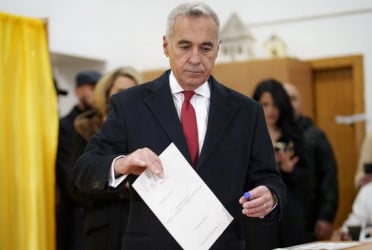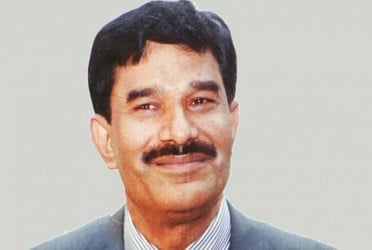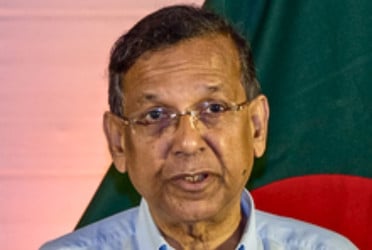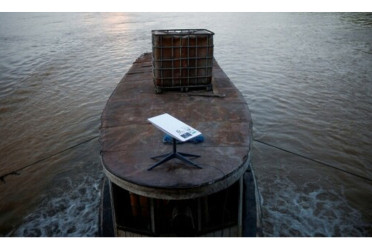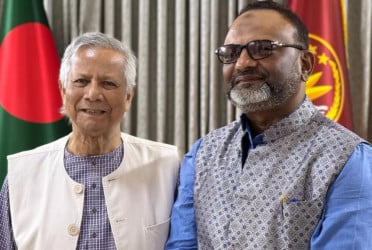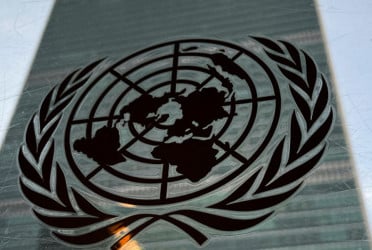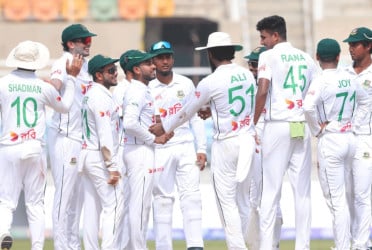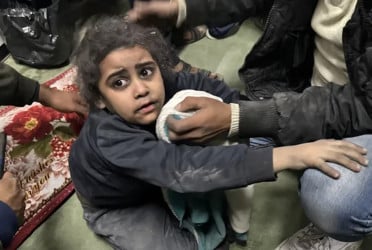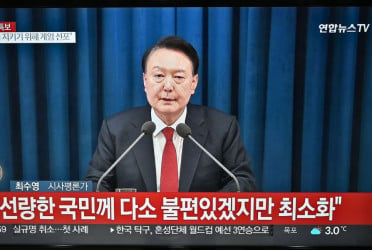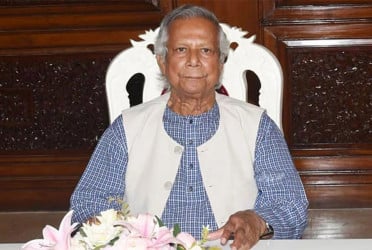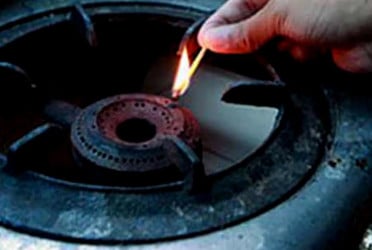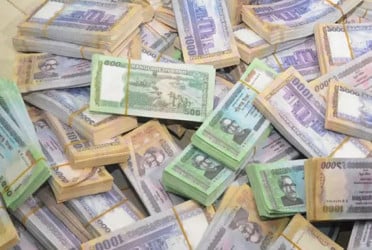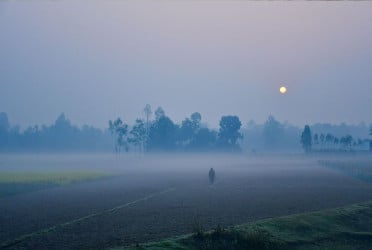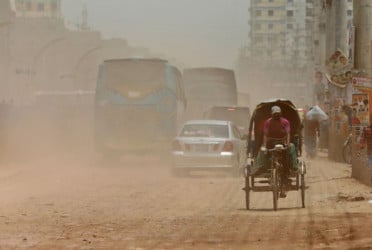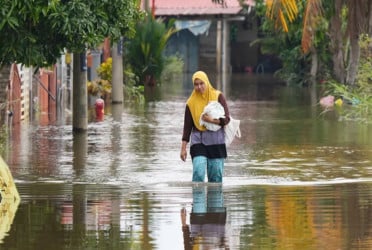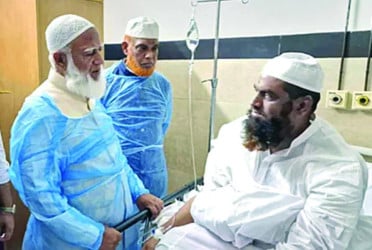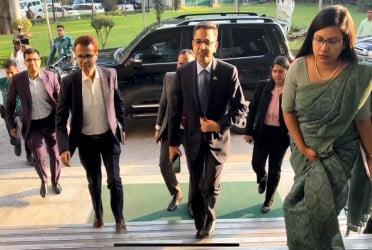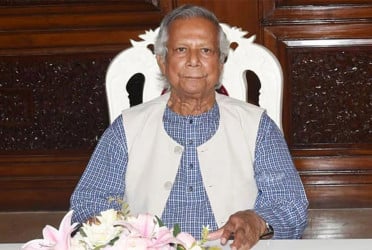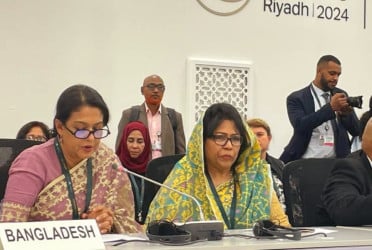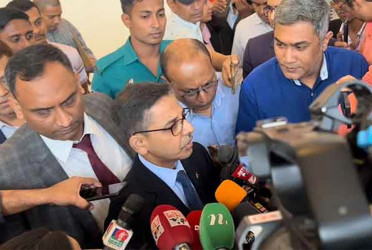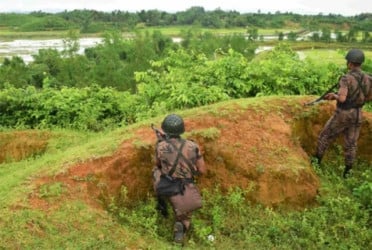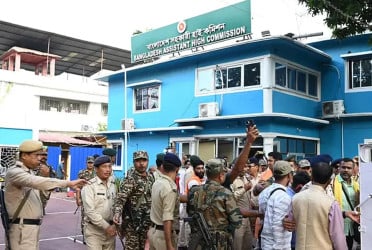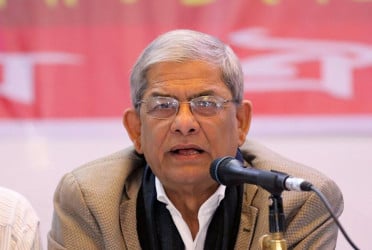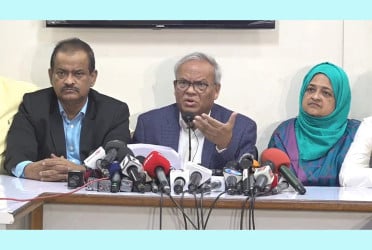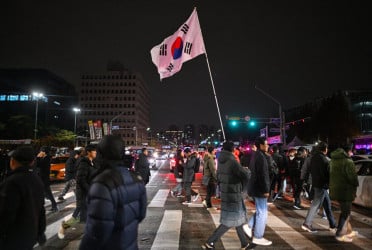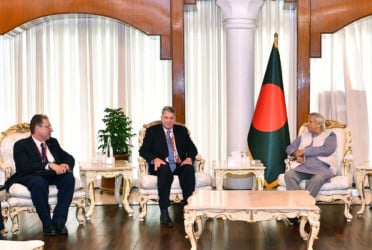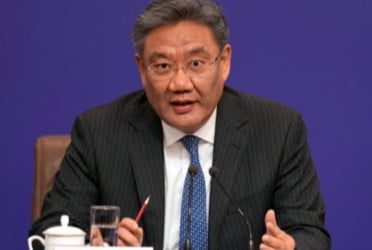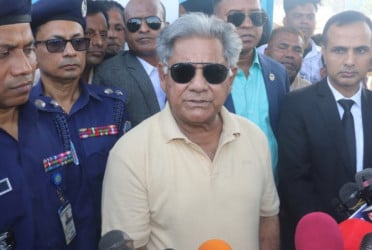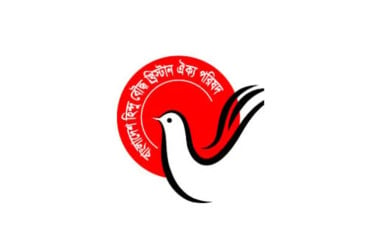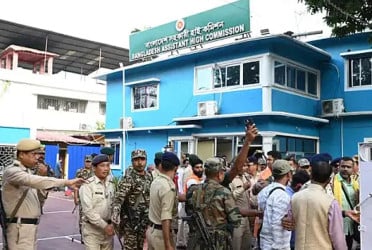Myanmar suddenly took the initiative for Rohingyas repatriation. The military government of the country announced to begin taking back the Rohingyas from Bangladesh on April. They are also saying that Maynamar is running the pilot project of taking returning 1,500 Rohuingyas and as part of it, the representative team of Myanmar came to Bangladesh and completed the task of scrutiny.
According to the analysts, the matter of taking back 1,500 Rohingyas was nothing but the tactics of Myanmar government to release itself from the pressure and responsibility. Especially, to reach in an advantageous-position prior to the international tribunal going to be started in April, Myanmar government has started this eyewash activity.
According to the pro-government media of Myanmar, the military chief of Rakhaine State, Hitin Lin said Maynar government has planned to take back 1,500 Rohingyas from Bangladesh and taken pilot project to build 15 new villages for their living. The Rohingyas returned from Bangladesh will be placed at Hla Pho Khaung interim camp for the first two months. For this, the authority will examine the refugee camps of Taung Piyo Lateway in Mongdu town and Khu Ya in Naga. After that, the refugees returned from Bangladesh will be placed in the new villages.
State minister for information of Myanmar, Major General Zhao Min Tun talked to AFP in this regard. He said the repatriation initiative can start from April and if the project is implemented, they will go for taking back 5,000 more Rohingyas in near future.
However, the Rohingyas living in Bangladesh, the donor agencies working in Bangladesh to aid Rohingyas and international human rights organizations have no trust on this so called pilot project of Myanmar government. BD government didn’t say anything publicly in this regard, but without any sustainable repatriation program, they won’t force the Rohingyas to return to Myanmar.
Diplomats said China-negotiated talks on family-based Rohingya repatriation to specific villages began about three years ago. But the Rohingya repatriation process was completely halted due to the corona epidemic and the seizure of power by the Myanmar army. After a long hiatus, Myanmar was now active in repatriating Rohingyas. What is the real purpose of this activity or whether it is possible to start repatriation in this process— these questions have come up. The question also arises as to why China is suddenly putting so much emphasis on the issue of Rohingya repatriation.
According to observers, China believes that international pressure on Myanmar's military government will ease once the repatriation begins. Besides, China thinks that some acceptance of the junta government may be created due to this effort. Also, the deadline for Myanmar's submission of counterarguments in the Rohingya Genocide case at the International Court of Justice (ICJ) has been set on April 24. There is also a question whether this matter has any relation with the sudden repatriation of the Rohingya by the junta government of Myanmar.
According to sources, this is an old strategy of Myanmar. Even after putting pressure on Myanmar for a long time, the repatriation process didn’t progressed. But when the date of the hearing of the International Court of Justice comes, Myanmar has shown this kind of public activity before. This also happened in February 2022 as well. Then suddenly Myanmar showed great interest in the joint working group meeting with Bangladesh. They also discussed the initiation of this repatriation and presented it to the court. On April 24, the ICJ will hear the Gambia's case against Myanmar on Rohingya opression. And before that, Myanmar wants to start repatriating Rohingyas to keep the attitude of the court in their favor. Its to be noted that last July, the court ruled to open the case by rejecting all four appeals of Myanmar. The Myanmar authorities think this might make the attitude of the court soften towards Myanmar.
According to the diplomats, although preparations are underway to receive the first batch, there is no guidance from Myanmar on when the second batch will be received, who will be received or when the verification will be completed. If they really wanted to repatriate, at first, the country would have completed the selection of hundreds of thousands of Rohingyas so that the refugees can be repatriated within a specific time interval of 1-2 months. As a result, repatriation to the court has started but it is not continuing regularly. It is known that a delegation from Myanmar visited Dhaka last month in preparation for the process of Rohingya-repatriation. The 17-member delegation is talking to the Rohingyas and doing verification work. According to the agreement, Bangladesh has sent a list of over 800,000 recently arrived Rohingyas to Myanmar for repatriation. 1, 140 people were initially selected for repatriation from that list. Of these, Myanmar agreed to take back 711 Rohingyas, but the country had objections regarding the remaining 429. The delegation of Myanmar has verified the information of those 429 Rohingya.
The United Nations does not agree: During the delegation's visit, the United Nations Refugee Agency-UNHCR said UNHCR's position on the return of Rohingya refugees to Myanmar remains unchanged. The current situation in Myanmar's Rakhain state is not conducive to sustainable repatriation of Rohingya refugees.
UNHCR said every refugee has the right to return home based on an informed decision, but no one can be forced. Bangladesh's sincerity regarding 'sustainable repatriation' has also been mentioned in the statement of this UN organization. UNHCR has assured support to any party in any discussion and dialogue so that the Rohingyas can make decisions based on proper information about returning to their country.
Human Rights Watch calls for non-response: International human rights organization Human Rights Watch (HRW) has called on Bangladesh not to respond to the pilot project proposed by the Myanmar government to return the Rohingyas. Bangladesh authorities should suspend plans to send Rohingyas back to Myanmar, the agency said in a statement. The Rohingyas told HRW that they were not initially given accurate information about who would be interviewed or to which country they would be repatriated. Many people were also misled that they would be repatriated to a third country. HRW South Asia Director Meenakshi Ganguly said, “Rohingyas can return safely only when people's rule is established in the country (Myanmar). In 2017, Myanmar military forces massacred Rohingyas in Rakhine state. As a result, more than 730,000 Rohingyas were forced to cross the border and flee to Bangladesh. Since the military coup in Myanmar in February 2021, the prospect of a sustainable return of the Rohingyas has become more tenuous as the military leaders who led the genocide are now in power. Moreover, Not a single Rohingya has been repatriated in the last five years."
@The report was published in Bengali on print and online versions of The Bangladesh Pratidin on April 2 and rewritten in English by Lutful Hoque

